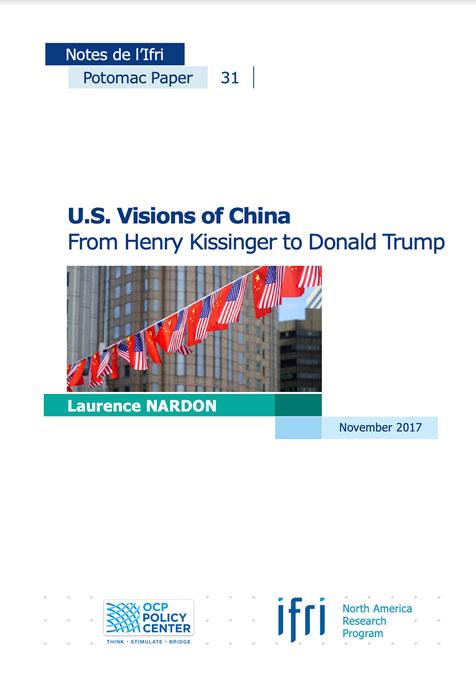Podcasts
L’Union pour la Méditerranée: une priorité méditerranéenne
Related topics:
L’Union pour la Méditerranée (UpM) est une organisation intergouvernementale fondée en 2008 qui regroupe 43 pays. Basée sur une co-présidence entre les rives sud et nord de la mer Méditerranée, l’UpM qui se situe dans le prolongement du processus de Barcelone a pour principal objectif de promouvoir le dialogue et la coopération dans la région euro-méditerranéenne. Inspirée du processus communautaire européen et réunissant exclusivement les pays riverains de la Méditerranée dans l’objectif de construire un destin commun, son bilan parait assez mitigé, dans un monde en proie à d’importantes recompositions et reconfigurations. Nous avons posé la question à Abdelkader EL KHISSASSI, Secrétaire général adjoint de l’UpM.








